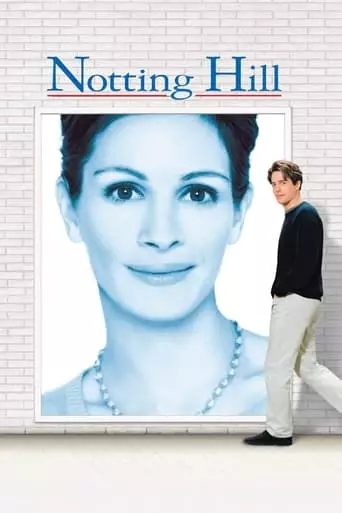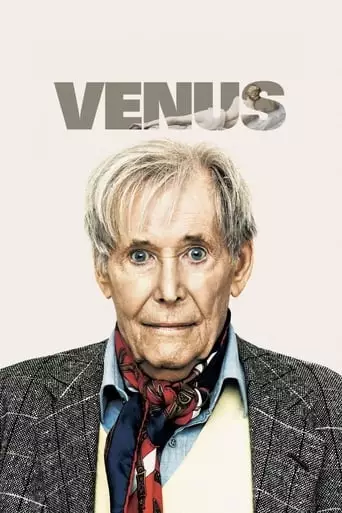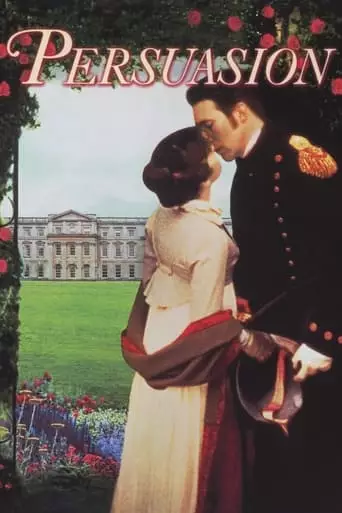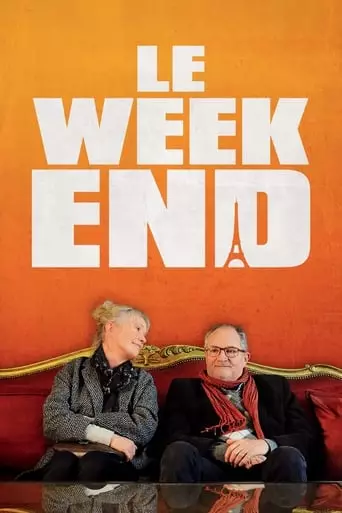A rush-hour fender-bender on New York City’s crowded FDR Drive, under most circumstances, wouldn’t set off a chain reaction that could decimate two people’s lives. But on this day, at […]

A rush-hour fender-bender on New York City’s crowded FDR Drive, under most circumstances, wouldn’t set off a chain reaction that could decimate two people’s lives. But on this day, at […]

William Thacker is a London bookstore owner whose humdrum existence is thrown into romantic turmoil when famous American actress Anna Scott appears in his shop. A chance encounter over spilled […]

Maurice is an aging veteran actor who becomes taken with Jessie, the grandniece of his closest friend. When Maurice tries to soften the petulant and provincial young girl with the […]

Anne Elliot, the daughter of a financially troubled aristocratic family, is persuaded to break her engagement to Frederick Wentworth, a young sea captain of meager means. Years later, money troubles […]

Nick and Meg Burrows return to Paris, the city where they honeymooned, to celebrate their 30th wedding anniversary and rediscover some romance in their long-lived marriage. The film follows the […]
Roger Michell: A Master of Intimate and Nuanced Storytelling
Roger Michell, the acclaimed British director, left an indelible mark on cinema with his ability to tell deeply human stories. Best known for his work on the romantic classic Notting Hill (1999), Michell’s career spanned a variety of genres, from comedy and romance to drama and suspense. His films were celebrated for their emotional depth, nuanced performances, and the way they captured the complexities of human relationships. Michell’s passing in 2021 marked the end of a remarkable career, but his legacy as a storyteller continues to resonate.
Early Life and Career Beginnings
Roger Michell was born on June 5, 1956, in Pretoria, South Africa, where his father was stationed as a diplomat. His early years were spent moving between different countries, including Syria and the Czech Republic, before his family settled in the UK. Michell studied at Cambridge University, where he developed a passion for theater and began directing stage productions.
Michell’s career began in the theater, where he honed his craft as a director with the Royal Shakespeare Company. His work on stage eventually led him to television, where he directed acclaimed projects like The Buddha of Suburbia (1993), a BBC miniseries based on Hanif Kureishi’s novel. The series earned Michell critical acclaim and paved the way for his transition to feature filmmaking.
Breakthrough with Notting Hill
Michell’s breakthrough came with Notting Hill, a romantic comedy that paired Julia Roberts and Hugh Grant in a charming tale of love between a famous actress and a humble London bookseller. The film became a global phenomenon, earning critical praise and becoming one of the highest-grossing British films of all time.
What set Notting Hill apart was Michell’s ability to infuse the film with genuine warmth and humor, while grounding the romance in a relatable, everyday setting. His direction allowed the chemistry between Roberts and Grant to shine, creating a timeless love story that continues to enchant audiences.
Exploring Diverse Genres
Following the success of Notting Hill, Michell demonstrated his versatility by exploring a wide range of genres. In Changing Lanes (2002), a tense thriller starring Ben Affleck and Samuel L. Jackson, Michell delved into themes of morality and revenge. The film was praised for its taut direction and complex characters.
In The Mother (2003), Michell tackled a provocative drama about an older woman’s relationship with a younger man, played by Daniel Craig. The film earned critical acclaim for its fearless exploration of taboo subjects and its sensitive portrayal of human desires.
Michell continued to push boundaries with Enduring Love (2004), an adaptation of Ian McEwan’s novel. The psychological drama, also starring Daniel Craig, explored themes of obsession and the fragility of relationships. Michell’s ability to draw out intense performances and craft suspenseful narratives was on full display.
Later Career Highlights
In the latter part of his career, Michell returned to lighter fare with Morning Glory (2010), a comedy about the chaotic world of morning television. Starring Rachel McAdams, Harrison Ford, and Diane Keaton, the film showcased Michell’s knack for balancing humor with heartfelt moments.
Michell’s love for nuanced character studies was evident in Le Week-End (2013), a bittersweet tale of an older couple rekindling their relationship during a trip to Paris. Starring Jim Broadbent and Lindsay Duncan, the film earned critical praise for its honest portrayal of love and aging.
In 2017, Michell directed My Cousin Rachel, an adaptation of Daphne du Maurier’s gothic novel. Starring Rachel Weisz and Sam Claflin, the film was a haunting exploration of suspicion and desire, highlighting Michell’s skill in creating atmospheric and emotionally charged stories.
Legacy and Impact
Roger Michell’s films are characterized by their focus on character, emotion, and the subtleties of human interaction. Whether directing a blockbuster romantic comedy or an intimate drama, Michell had a unique ability to connect with audiences on a deeply personal level. His work often explored themes of love, identity, and the passage of time, resonating with viewers across generations.
Michell’s contributions to cinema were widely recognized, and his films continue to be celebrated for their craftsmanship and emotional resonance. His untimely death in September 2021 at the age of 65 was a profound loss to the film industry, but his legacy lives on through his body of work.
Conclusion
Roger Michell’s career was a testament to his versatility and artistry as a filmmaker. From the enduring charm of Notting Hill to the gripping intensity of Enduring Love, Michell’s films captured the beauty and complexity of the human experience. His ability to tell stories that were both intimate and universal ensured his place as one of the most respected directors of his generation. As audiences continue to discover and revisit his films, Michell’s legacy as a master storyteller remains secure.